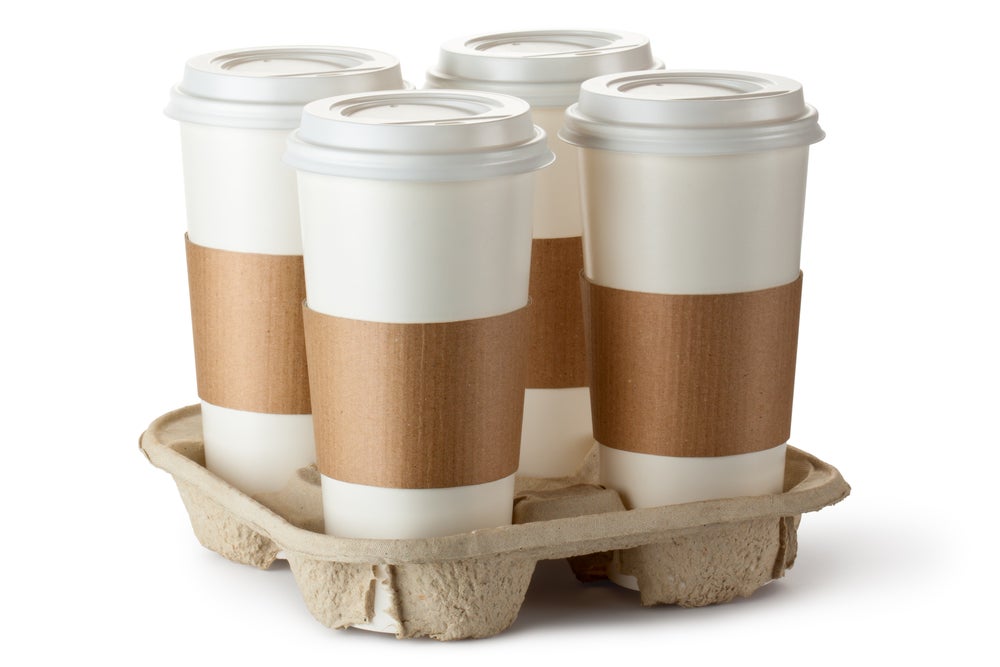Quick Caffeine Facts

How Much Is Enough?
According to the Mayo Clinic, the majority of adults can safely consume 400 milligrams of caffeine daily. To put this into perspective, this is about four cups of coffee or 10 cans of soda.
Prior to a workout or race, Blende recommends around 2 to 3 milligrams of caffeine per kilogram of body weight. For a 120-pound runner, that equals about 109 to 163 milligrams. For most distance runners, caffeine intake doesn’t end there.
“I usually suggest taking about two caffeinated gels per hour during an endurance event, which would equal between 50 and 100 milligrams of caffeine per hour,” says Blende, who notes that this is a general recommendation for runners who are considered to have a normal response to caffeine.
Related: How Much Caffeine Is In Your Race Fuel?
ORIGIN STORY
The stimulant known as caffeine is found naturally in the leaves and seeds of more than 60 different plants and can also be formulated in laboratories through the chemical synthesis of specific organic compounds. Here are some of the most common sources.
Coffee beans: Harvested from coffee plants in more than 70 countries, coffee beans are picked, processed, dried, roasted, ground and then brewed to create that perfect cup.
Kola nut: While this caffeine-containing fruit of the kola tree first became known as the source of caffeine in soda, it is rarely used in commercial drinks today.
Tea: Hailing from a plant known as Camellia sinensis, the various oxidation methods used on tea leaves produce the different types, including green, white and black.
Related: 4 Favorite Drinks Before & After Runs
Yerba mate: Grown in South America, the leaves of this tree is brewed to make a type of tea, which has a reputation for providing a smooth, jitter-free boost.
Synthetic: Chemically identical to caffeine in coffee and tea, synthetically formulated varieties are found in everything from energy drinks to soda to performance products.
Case of the Jitters
What’s got the most juice?
STARBUCKS PIKE PLACE ROAST
Tall (12 oz.)
Calories: 5
Caffeine: 260MG
COCA-COLA
12 oz.
Calories: 140
Caffeine: 34MG
5-HOUR ENERGY
2 oz.
Calories: 4
Caffeine: 200MG
Related: Pre-Race Day Nutrition
LIPTON BLACK TEA
1 Tea Bag
Calories: 0
Caffeine: 55MG
RED BULL
8.4 oz.
Calories: 110
Caffeine: 80MG
NODOZ
1 Tablet
Calories: 0
Caffeine: 200MG